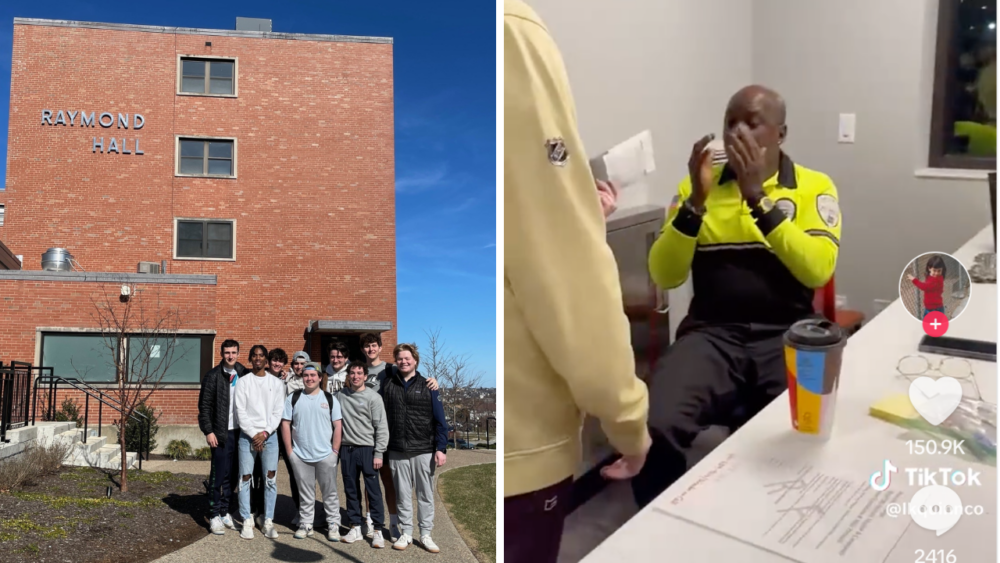COVID-19 outbreaks hit sororities, fraternities and dorms as college parties resume

Partying college students are causing outbreaks as universities go back to in-person or hybrid learning this fall.
Student-related outbreaks were reported starting over the summer in states including Alabama, Tennessee, North Carolina, Georgia, Oklahoma, Washington state, California, Illinois and Indiana.
As one example, The University of North Carolina-Chapel Hill just decided to switch to online learning after starting its year on campus. That’s due to a quick increase of COVID-19 cases among students, faculty and staff.
Infection clusters haven’t come from being in class or study spaces.
“What we have found is that most of the transmissions have been within the social sphere of campus life, and that has been really challenging for us to manage and to hold people to the level of accountability that we probably needed to,” said UNC provost Bob Blouin.
Twenty-three Pi Beta Phi sorority members at Oklahoma State University caught the coronavirus, leading the whole chapter to quarantine in their house.
Off-campus social distancing around OSU didn’t seem to be going very well either, based on tweets from college newspaper editor Ryan Novozinsky at @ryannovo62 showing long lines waiting at local establishments and packed clubs.
More footage of the Strip #okstate pic.twitter.com/qAe0JMOkDq
— Ryan Novozinsky (@ryannovo62) August 16, 2020
In response, the mayor of Stillwater, Oklahoma, announced Aug. 17 that bar capacity would be limited to 50%, along with other restrictions.
At the University of North Georgia, a viral video of a packed off-campus block party had people worried that outbreaks could be imminent.
Auburn University football player Anthony Schwart tweeted that he’d seen a lack of social distancing around campus, especially worrisome to him and other players who want to have a football season this year.
https://twitter.com/TheFlash/status/1294693095527735297
People in their 20s-40s have become super-spreaders in the coronavirus pandemic since they are often either asymptomatic or have milder symptoms and thus may spread it to others without knowing.
The fact that young adults seem to experience fewer severe health issues with COVID-19 may make them feel more invincible. This, combined with exhaustion surrounding months of lockdown and social distancing, may be making them lax about precautions meant to slow down the viral infection.






